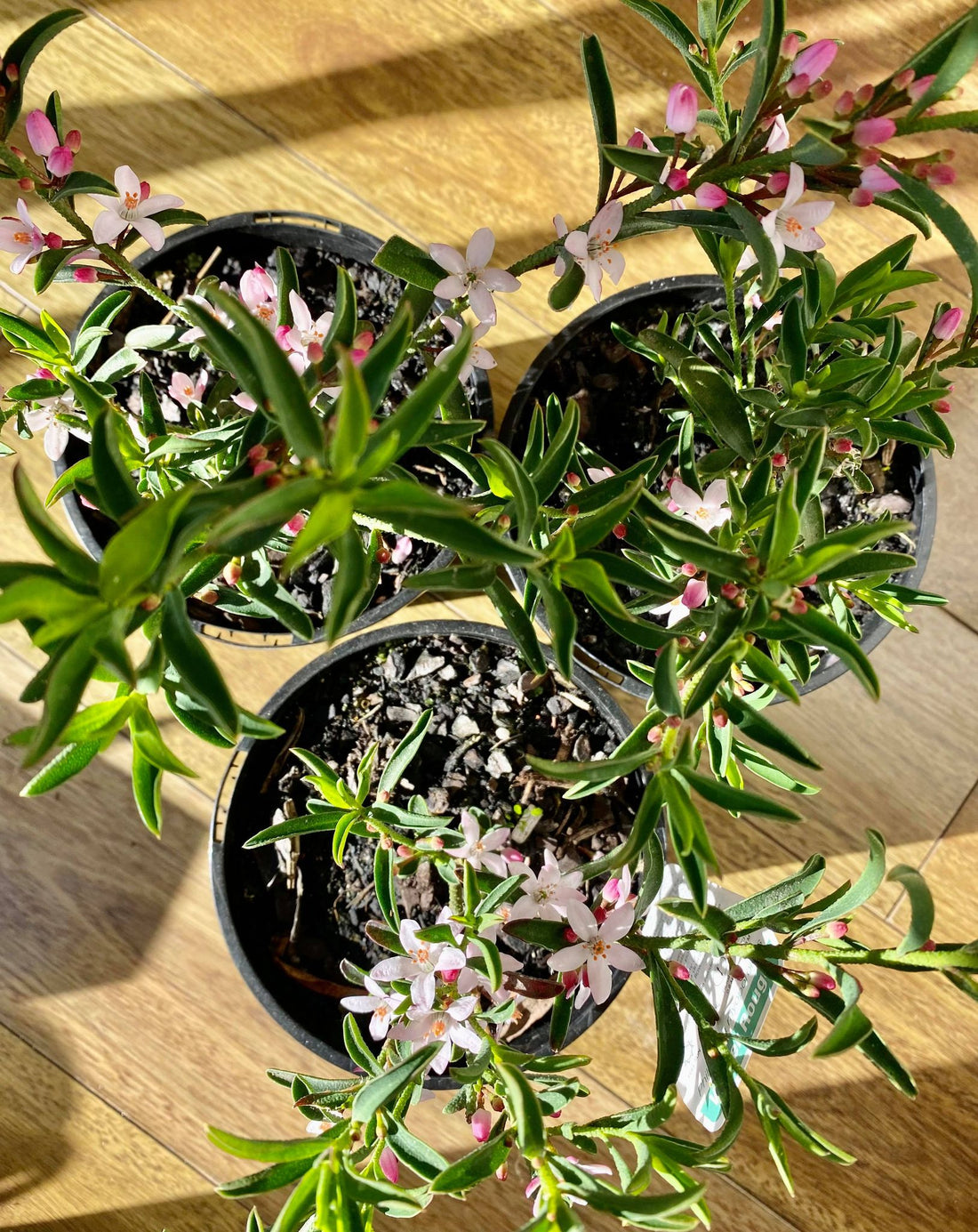
The Importance of Soil Health and How to Improve It 2024
Share
The Importance of Soil Health and How to Improve It 2024
Last updated 10/09/2024
Healthy soil is the foundation of any thriving garden, providing essential nutrients, water, and support for plants. Understanding soil health and learning how to improve it can significantly impact your garden's success. Here’s a guide to maintaining healthy soil. For soil amendments and gardening supplies, be sure to visit Wholesale Plants.
Understanding Soil Health
Soil health is determined by various factors, including its structure, nutrient content, pH, and microbial activity.
Key Components of Healthy Soil
- Soil Structure: Well-aggregated soil allows roots to penetrate easily and supports healthy plant growth.
- Nutrient Content: Essential nutrients like nitrogen, phosphorus, and potassium are vital for plant health.
- pH: Most plants prefer soil with a pH between 6.0 and 7.0.
- Microbial Activity: Beneficial microbes break down organic matter and help release nutrients.
Testing and Assessing Your Soil
Regular testing helps you understand your soil’s condition and make informed improvements.
Soil Testing Methods
- Home Testing Kits: Simple and convenient for checking pH, nutrient levels, and soil type.
- Professional Lab Testing: Provides a detailed analysis of soil composition and nutrient levels.
Assessing Soil Texture
- Soil Texture Triangle: Use the triangle to determine your soil's composition of sand, silt, and clay.
- Feel Test: Rub a small amount of moist soil between your fingers to assess its texture.
Improving Soil Health
Implementing the following practices can enhance your soil's health and fertility.
Adding Organic Matter
- Compost: Rich in nutrients and beneficial microbes, compost improves soil structure and fertility.
- Manure: Well-rotted manure adds essential nutrients and organic matter.
- Mulch: Organic mulches like straw, leaves, and wood chips decompose over time, enriching the soil.
Using Cover Crops
- Green Manure: Plant cover crops like clover and alfalfa to add nitrogen and organic matter.
- Soil Protection: Cover crops protect soil from erosion and loss of nutrients during off-seasons.
Correcting Soil pH
- Lime: Add lime to raise soil pH in acidic soils.
- Sulfur: Use sulfur to lower pH in alkaline soils.
Improving Soil Structure
- Aeration: Regularly aerate compacted soil to improve air and water movement.
- Amendments: Incorporate sand or compost to improve drainage in clay soils.
Maintaining Soil Health
Sustaining soil health is an ongoing process that requires consistent care.
Crop Rotation
- Diversity: Rotate crops annually to prevent soil depletion and reduce pest and disease buildup.
- Legumes: Include legumes in your rotation to naturally add nitrogen to the soil.
Soil Conservation Techniques
- No-Till Gardening: Reduces soil disturbance, preserving soil structure and microbial communities.
- Erosion Control: Use terracing, contour planting, and windbreaks to prevent soil erosion.
Beneficial Microbes and Mycorrhizae
- Probiotics: Add soil probiotics or mycorrhizal fungi to enhance nutrient uptake and plant health.
- Compost Teas: Apply compost tea to boost microbial activity and improve soil health.
Conclusion
Investing in soil health is vital for a successful and bountiful garden. By understanding soil composition, testing regularly, and implementing improvement techniques, gardeners can create a fertile and supportive growing environment. For soil amendments and all your gardening needs, visit Wholesale Plants.
